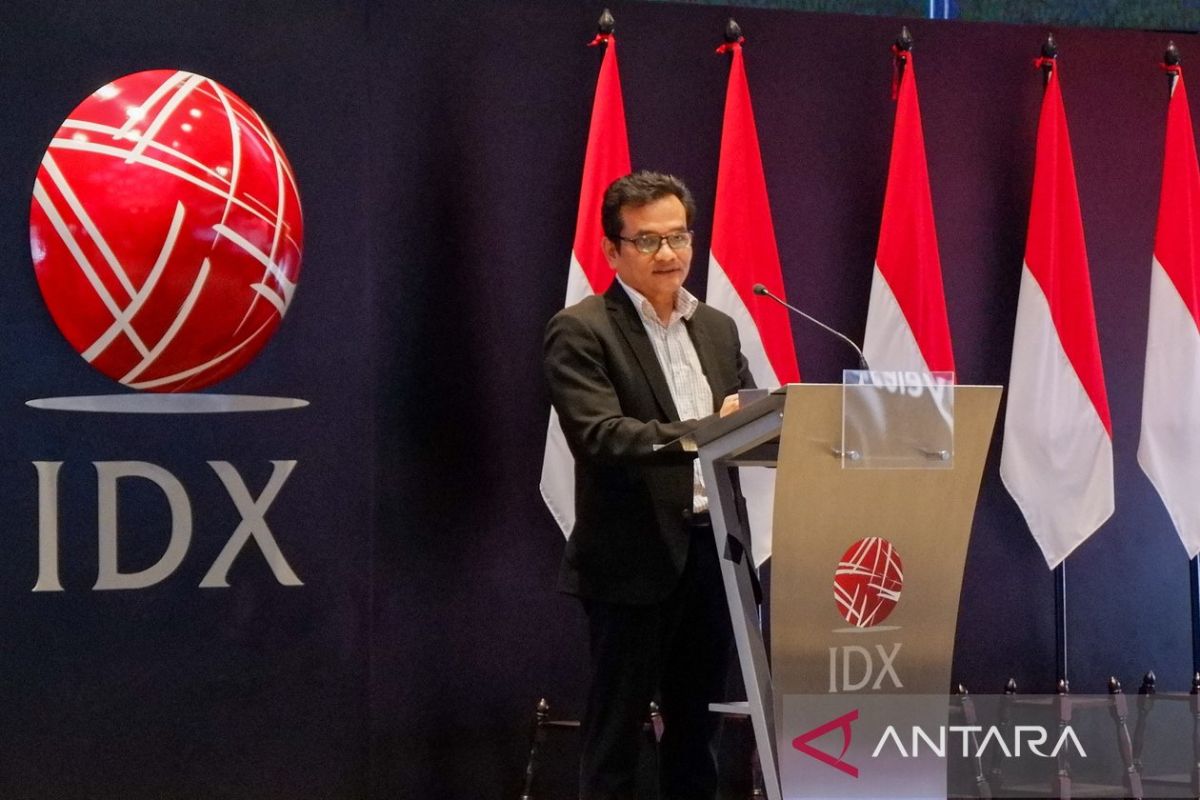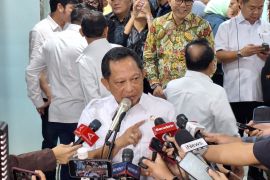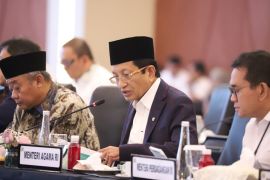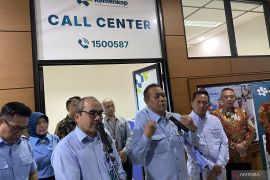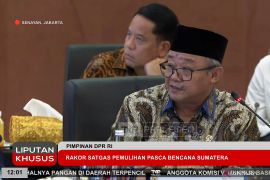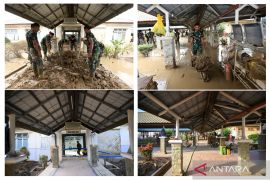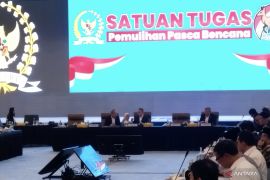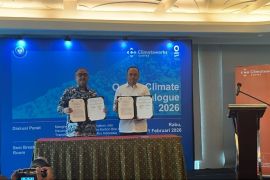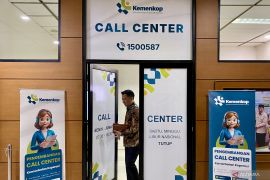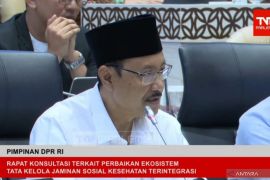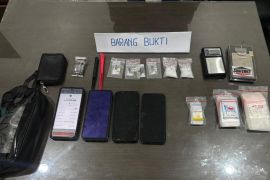"We recognize that fostering integrity, combating corruption, and ensuring transparent governance are not just moral imperatives. They are essential drivers of economic resilience," Manager for the Economic Development Pillar at the agency's SDGs National Secretariat Setyo Budiantoro stated here on Thursday.
Budiantoro highlighted that the Indonesian Government had embedded these principles in the National Strategy Framework for Corruption Prevention (Stranas PK) and the Integrated National Financing Framework (INFF).
He affirmed that those initiatives aim to improve governance, attract investment, and empower communities, reflecting the interconnected nature of SDGs.
Hence, Setyo underscored the importance of integrating the environmental, social, and governance (ESG) principles into the work of the government and business players to achieve SDGs.
"By aligning environmental, social, and governance metrics with SDGs framework, businesses and policymakers can create a unified approach to sustainable development," he remarked.
He noted that the attempts enabled better assessment and stronger accountability, as well as enhanced collaboration across sectors, ensuring that financial flows and corporate strategies could contribute to achieving SDGs.
Nonetheless, he drew attention to several challenges in strengthening the ESG practices in Indonesia due to unfair access to justice, inconvenient public services, and corruption, as highlighted in the 2024 SDGs Report.
"Breaching these gaps requires collective action from all stakeholders, government, policy, business, and civil society to build a system of integrity that transcends compliance," Setyo stated.
He called on business players to help the government address the challenges by integrating ethical business practices into their operations and beyond.
He affirmed that promoting ethical business practices, such as transparent financial operations, anti-corruption measures, and robust compliance with local and international laws, could strengthen their accountability and public trust.
Setyo believes it could be implemented by fostering innovation in anti-corruption mechanisms as well as leveraging technology and data analytics to promote transparency.
"Business players can also actively support access by advocating for a fair legal system and ensuring rights and labor law. Furthermore, inclusive economic growth can be encouraged through fair practices providing opportunities for women and vulnerable groups, including persons with disabilities," he remarked.
Related news: President stresses zero tolerance for corruption hindering investment
Related news: Indonesia's Prabowo calls for end to all forms of corruption
Reporter: Uyu Septiyati Liman
Editor: Rahmad Nasution
Copyright © ANTARA 2024
